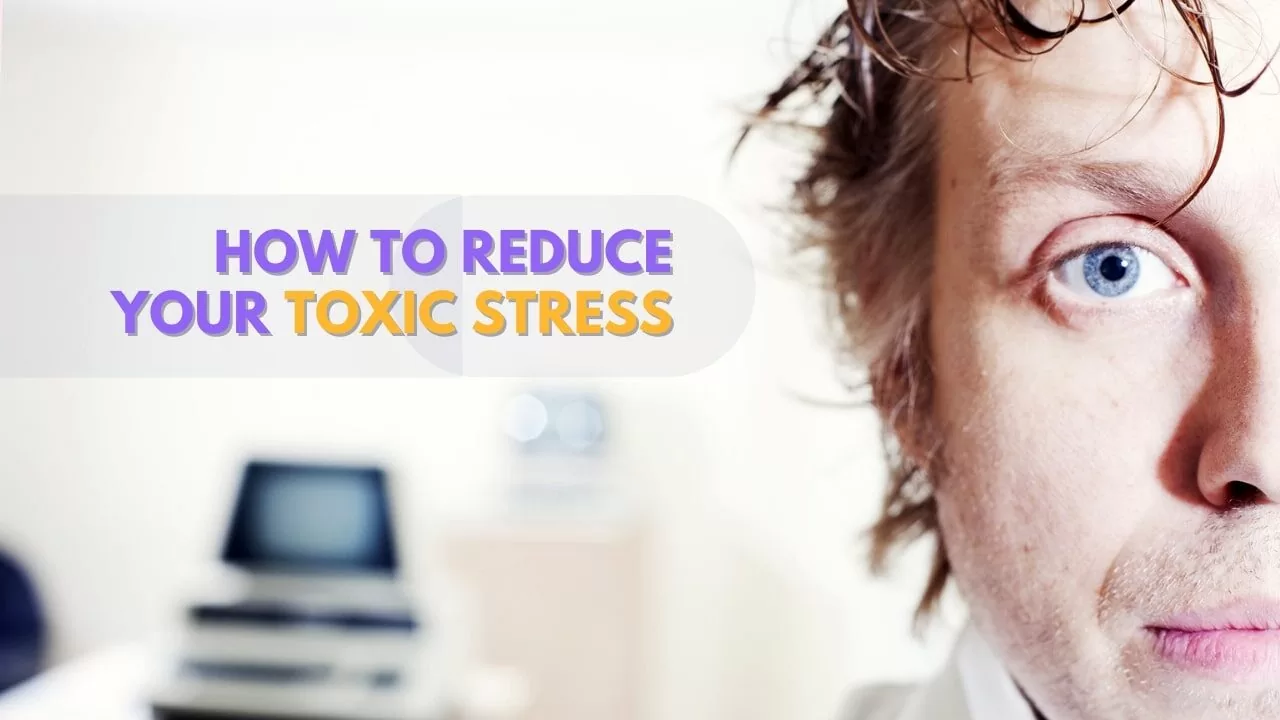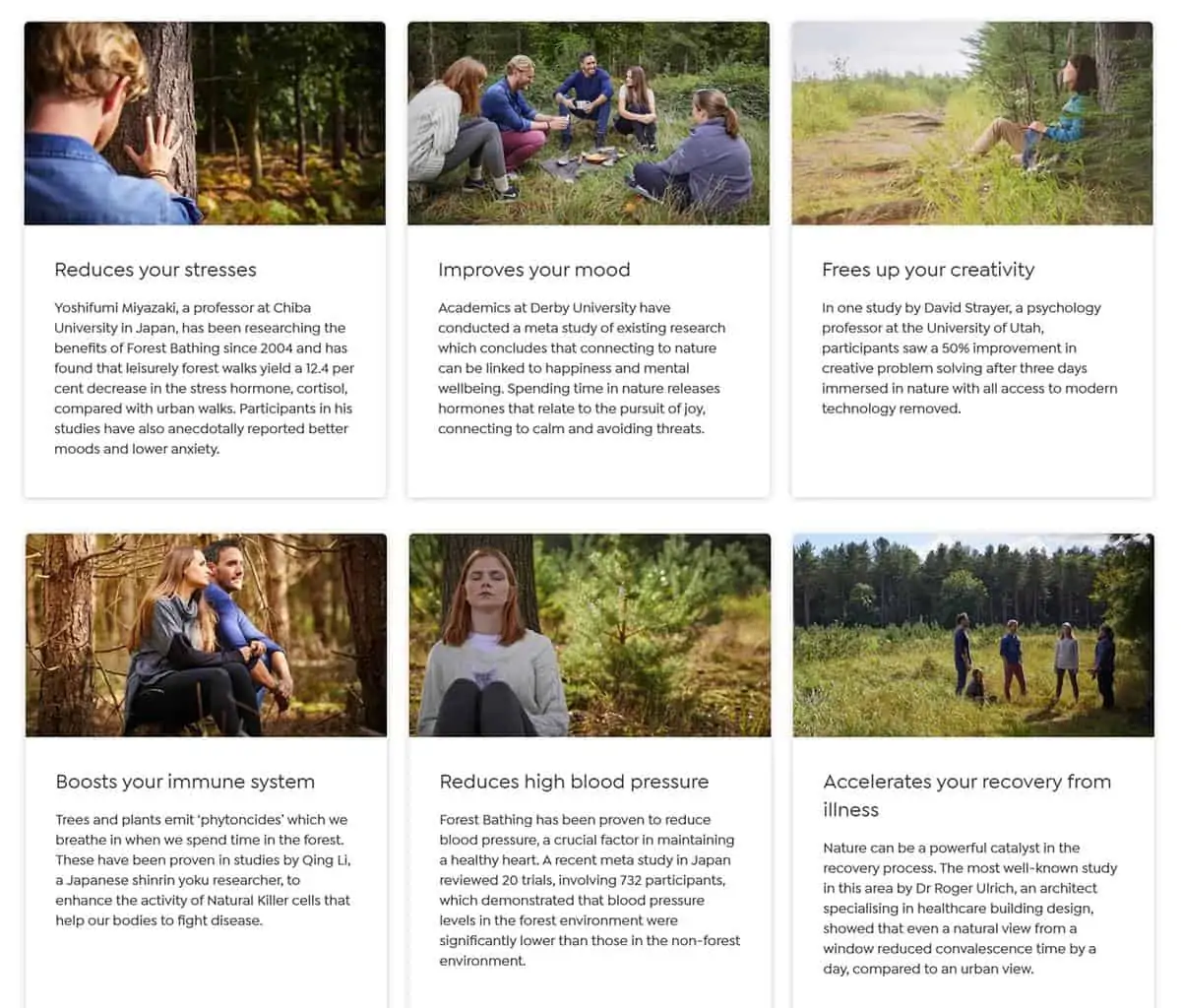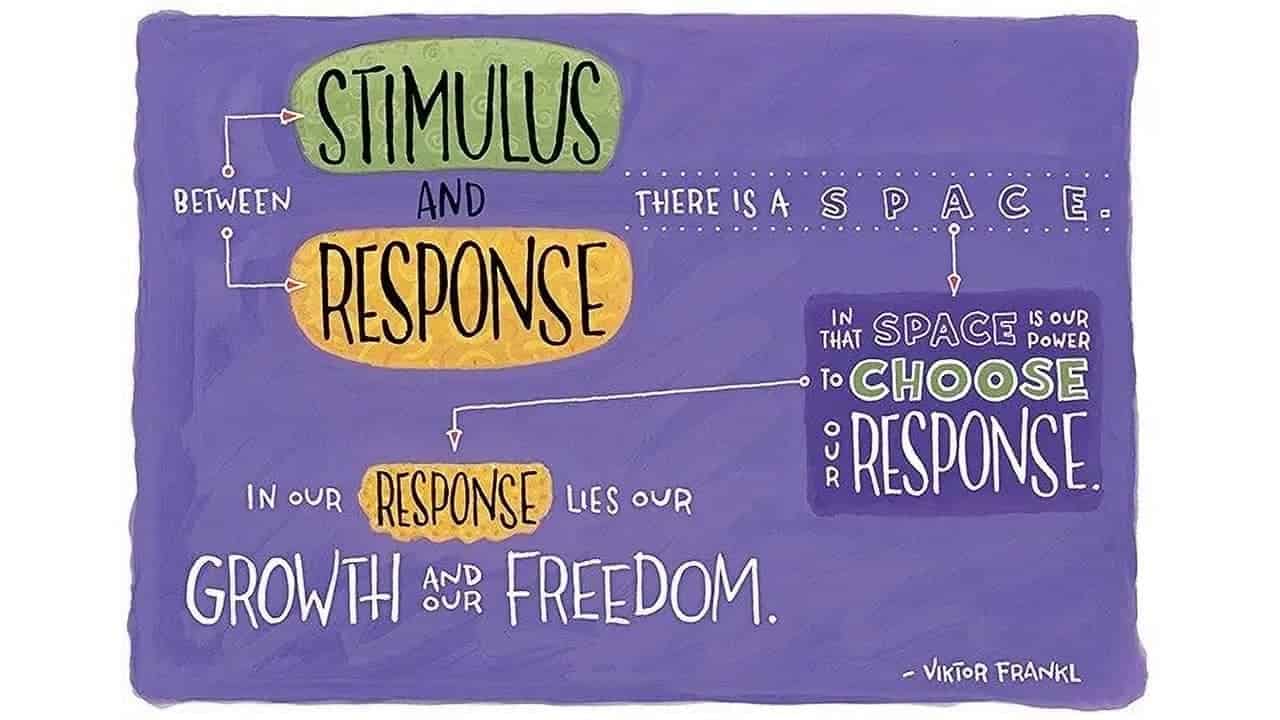Do you feel mentally frazzled at work? Then find out how to reduce stress for yourself and your team, and stay productive.
Every interaction with the world is stressful. Stress is our natural reaction to any unfamiliar or unpleasant situation, person, place, or thing.
A certain amount of stress is healthy for us. This amount of stress, which is neither too much nor too little, is called eustress.
- Eustress helps us deal with the demands of a typical workday, like avoiding expensive risks, noticing time-wasters, and allowing us to do deep work.
- Distress is when stress turns chronic or excessive. It can cause us to miscalculate risks, procrastinate more, and make poor decisions. It can make a worker show insubordination.
Stress is a normal reaction to everyday pressures, but can become unhealthy when it upsets your day-to-day functioning.
— American Psychological Association
So, what do you do? You can’t just quit your job each time the stress piles up.

10 Healthy, Scientific Ways To Reduce Stress At Work
Some common strategies to handle toxic stress are listening to music, reading a book, watching movies, pampering yourself, going out shopping, going on a holiday, getting good sleep, eating comfort foods, and joining relaxation programs.
We go beyond the usual suggestions to beat stress. Most of the strategies below can produce positive results within a day.
Here are 10 science-backed ways to reduce workplace stress:
1. Take a walk (ideally in a forest area)
A walk can boost your mood.
A 2016 study found barely 12 minutes of walking increased joviality, vigor, attentiveness, and self-confidence. In comparison, those who sat and watched a slideshow did not have those benefits.
Your mind relaxes when you take a 15- to 20-minute brisk walk away from a stressful situation at work.
- First, because you have removed yourself from a threatening person or situation.
- Second, when you walk, you increase the transport of oxygen-rich blood to your brain.
- Third, brisk walking releases feel-good chemicals in your brain, like endorphins, and decreases stress hormones, like cortisol.
A 2017 study found walking sends pressure waves through our arteries that increase blood supply to the brain.

Benefits of shinrin-yoku (Source: Forest Holidays)
Researchers Krizan and Miller found a certain type of walking can add positivity to our mood. Called “incidental ambulation,” it is the kind of walking that gets you from one place to another.
In this, you are unaware of your body movements, as against the kind of walk that you do on a jogging track.
Incidental ambulation also helps cancel out the effects of other emotional events, like boredom and phobia.
A brisk walk can reduce overthinking and improve your memory. Walking and other aerobic exercises refresh our minds by building new brain cells in the hippocampus—the seat of memory in the brain.
The Japanese practice forest bathing, or shinrin-yoku. Shinrin means “forest,” and yoku means “bath,” so shinrin-yoku means bathing in the forest atmosphere.
Studies show shinrin-yoku can boost our immunity by increasing our body’s Natural Killer (NK) activity.
2. Do the diaphragmatic breathing
Take a few deep breaths when a stressful situation appears. It works.
The American Institute of Stress says focused breathing is the best relaxation response to stress. They call it a “Super Stress Buster.”
Deep diaphragmatic breathing moves the diaphragm (the muscular partition between our chest and abdomen) and stimulates your vagus nerves. It reverses your stress response, relaxes your body, and quietens your mind.
Another wonderful thing happens when you take a few deep breaths — it allows you a few seconds to process your emotions before reacting.
Those seconds let you decide what should be your rational behavior rather than an impulsive one.
You have time to access your higher brain (prefrontal cortex) and ponder what your optimal response should be.
- Hans Selye, the “father of stress”, knew the distinction between a stressor (anything that causes stress, like an urgent office report due on Monday morning) and stress (the response, like an urge to rage against your boss).
- Viktor Frankl, the legendary psychologist who survived the World Ward II holocaust, sagely advised us to use the “space” between “the stimulus and response.”
“Between stimulus and response, there is a space.
~ Victor Frankl: Man’s Search for Meaning
In that space lies our freedom and power to choose our response.
In our response lies our growth and freedom.”

The next time you get into an unpleasant situation, pause and allow your thoughts to have a brief space. Use that space to take a few deep breaths.
3. Go the ‘proactive coping’ way
Proactive coping has emerged as a new focus of positive psychology research.
In this, instead of finding solutions to your chronic stress, you avoid stress in the first place. In proactive coping, people have a clear future vision.
Proactive coping people see risks, demands, and opportunities in the far future, but they do not take those as looming threats, harm, or loss. For them, these are opportunities to build up resources. In time, these will give them a better chance to clear out the paths to their goals and growth.
Gan, Yang, et al. (2007) say proactive coping predicts functional independence, life satisfaction, and engagement. Schwarzer and Taubert (2002) hold it is a method of assessing future goals and setting the stage to achieve them successfully.
Those who cope proactively prepare much in advance.
It is a stitch-in-time approach to managing stress. By roughly guessing where the next stress could come from, they take steps to make the situation less likely to happen.
Still in doubt? Okay, how about this: all of us can reduce stress by simply getting proper sleep, exercise and nutrition, and being optimistic, right? These are great proactive coping strategies.
Those who cope proactively know that a lack of sleep builds up stress, so, they sleep for 8 hours and take daytime naps. They also avoid the stress of potential health problems by not smoking or drinking.
Aspinwall and Taylor (1997) assert proactive coping is a process through which one prepares for potential future stressors and possibly averts them altogether. They specify the five stages of proactive coping:
- resource accumulation,
- recognition of potential stressors,
- initial appraisal,
- preliminary coping efforts, and
- elicitation and use of feedback concerning initial efforts.
Stephanie Jean Sohl and Anne Moyer write,
Aspiring for a positive future rather than preventing a negative one is distinctly predictive of well-being.
Too much stress contributes to physical illnesses such as obesity, diabetes, high blood pressure, strokes, heart conditions, and Alzheimer’s disease, as well as mental illnesses such as anxiety, depression, insomnia, and burnout at work.
4. Forgive others, and yourself too
Resentments are storehouses of stress. Chronic anger keeps you in fight-or-flight mode.
Unforgiveness, which is reflected as anger, hate, and resentment, creates stress within a person and in situations when they interact with others.
Several studies show forgiveness comes with more happiness, better mental well-being, improved physical health, and less depression.
Forgiveness is an effective coping mechanism. It can reduce the effects and the feelings of stress linked with an unforgiving state.
McCullough and his team found an increase in forgiveness linked to a decrease in rumination. Rumination is overthinking past events, which can result from stress and lead to anxiety or depression.
A study on 332 young, middle-aged, and older adults over five weeks showed forgiveness could significantly reduce stress. The researchers behind the Forgiveness, Stress, and Health: a 5-Week Dynamic Parallel Process Study write:
Forgiveness may be a form of coping that helps alleviate perceptions of stress that contribute to poor mental health.
It is not always easy to forgive. But forgiving is for your own benefit—to reduce your toxic stress—not for the sake of the other person. When you forgive, you decide to let go of your negative feelings.
Your forgiveness is not dependent on whether the offender deserves it or not. For all it matters, you do not even have to let the person know you forgave them.
Instead of seeing forgiveness as letting someone “off the hook,” rather see it as you are freeing yourself. You are only releasing your resentment, not condoning the unjust act.
Forgiveness is a dynamic state that changes over time. It is a gradual process and all of it does not come together at one time.
You can forgive your malefactor a little today without any need to forget what they did. Forgiving does not mean forgetting. So forgiving them today does not prevent you from withdrawing your forgiveness in the future.
Forgiveness is a choice you are making. And you are the one to get its benefit.
And forgive yourself, too. Self-forgiveness is letting yourself move ahead of your past wrongdoings.
All of us, at least once in our life, have behaved badly and felt guilty later. It might have caused you to dislike yourself, believe you are not worthy of trust or love, devalue your self-esteem, or even suffer a disturbed mind.
To deal with the effects of your previous choices and move ahead, you must forgive yourself.
5. Practice the Stoicism philosophy
Stoicism flourished for nearly five centuries in Ancient Greece and Rome. And the influence of Stoicism has endured to the present day.
Stoics hold that peace of mind comes from understanding and giving our attention to only what we can control. They believe we can only control our thoughts, attitudes, and responses. We cannot control what lies outside ourselves.
But if we try to control the external elements, or the outside event itself, we would only waste our emotional and physical energy. This idea is somewhat similar to the phenomenon of ‘cognitive control,’ the belief that you can control your reaction to an event.
According to Donald Robertson, author of How To Think Like A Roman Emperor, most modern forms of self-help are ultimately indebted to the Stoics, as is cognitive-behavioral therapy (CBT), the leading evidence-based form of psychotherapy.
The Stoics also kept death in their thoughts.
Not to live as if you had endless years ahead of you. Death overshadows you. While you’re alive and able – be good.
— Marcus Aurelius, a Stoic philosopher and one of the greatest Roman emperors
So, remind yourself that you and others, with all the successes and possessions, are ultimately ephemeral. None and nothing will last. Simply ask yourself, “Will it matter in a year?”
You might want to catch our little post on how to be a Stoic in today’s times: Beginner’s Guide To Learn Stoicism.
6. Be mindful for some time today
In modern life, we do not have as many physical dangers as the perceived ones. We no more face fierce predators like tigers or dire threats such as famines. But we still react to non-life-threatening situations with stress.
As soon as our mind gauges any situation as physically hazardous, our bodies jump into stress mode. Mindfulness helps us observe the situation curiously and accept it without jumping to judgments.
Learn to focus on the present moment of your life. For most of our waking moments, our minds are wandering in a state of mindlessness.
Mind wandering takes us to our past or future and often results in unhelpful thought patterns, like regretting or worrying.
Mindfulness brings us to the here-and-now experience, relieving us of stress arising from past or present life events. Mindfulness helps us let go of the stresses related to events that have happened or are yet to happen.
Mindfulness-Based Stress Reduction (MBSR), a program developed by Professor Jon Kabat-Zinn, involves becoming an impartial witness to one’s own experience and acceptance of things as they actually are in the present moment.
Researchers have shown that MBSR can reduce anxiety levels by 58% and stress by 40%.
According to Kabat-Zinn, the basis of MBSR is mindfulness—the “moment-to-moment, non-judgmental awareness.”

“Feelings come and go like clouds in a windy sky. Conscious breathing is my anchor.” — Thich Nhat Hanh
“Few of us ever life in the present. We are forever anticipating what is to come or remembering what has gone.” — Louis L’Amour
“Be happy in the moment, that’s enough. Each moment is all we need, not more.” — Mother Teresa
7. Do at least one thing you enjoy
Indulge in a healthy behavior you enjoy. Simply doing something you love doing can reduce the stress of your day-to-day life.
- Take a walk in the park with your loved one.
- Thank a person you haven’t thanked in years.
- Help someone get a little more out of their life.
- Go to a show at the planetarium to feel the awe of seeing the creation of the universe.
- Meet a person a few levels below you to tell them how much their work means to the company.
- Do something that is pure fun, that you would do for no other reason than you would enjoy it (without harassing or harming others).
- Want to dance like no one’s watching you? Then perform for yourself. By the way, you can increase your happiness with a smile on your face, even if it’s a fake one.
- Want to make funny faces in the mirror? Go ahead.
Stop stopping yourself from having fun. Do at least one thing today that you would genuinely enjoy.
8. Show empathy towards others
Empathize with people who you think are causing you stress.
Remember, everyone is fighting their own battles. When you see them with compassion, you no longer believe they are stressing you out. You rather find they are doing their best to relieve their own stress.
Empathy takes the stress out of a confrontation. Empathy produces oxytocin, “the love hormone.”
Psychologist Arthur Ciaramicoli in his book The Stress Solution argues empathic listening may be the key to reducing stress in our lives. He says,
“Empathy means seeing human beings as always changing and evolving; so you don’t want to judge and shut the person down.”
Remember, change begins with you. Change your paradigms. Your paradigms are the “lenses” through which you see the world.
Start the change in yourself by treating others with more empathy. Show yourself some self-love.
9. Put down your burden and rest
Keep down your heavy bag of stress and give yourself a break.
If it seems too difficult to put away your worries and anxieties, assure yourself it is only for a little while that you are putting it down. Tell yourself you can pick it up again whenever you want to.
Having to deal with continual stress can become overwhelming. It is especially true when you are dealing with many difficult challenges at home, like juggling kids and work while working from home.
Your body cries for a break at such times. Are you paying attention to it, or are you dismissing it because you are too preoccupied with your worries?
Listen to your body and take a break. Taking breaks refreshes your mind and re-energizes your body. Frequent breaks can help reduce and even prevent musculoskeletal pains and eyestrain.
Taking regular breaks from work can also help you improve your relationships.
Choose a way to let your mind move away from a stressful state, like doing some stretches, exercising for a while, visualizing taking a warm bath, watching a relaxing movie, recalling joyful memories, and playing a sport you love.
Do you know the story of the psychologist who held out a glass of water to his class and asked, “How heavy is this?”
Of course, the answers were in numbers—ounces and pounds.
In the end, the psychologist explained it does not matter how much the glass or the water weighs. What actually matters, and determines how heavy it is, is how long the person holds it.
If I hold it for an hour, my arm will ache. If I hold it for a day, my arm will feel numb and paralyzed. The weight of the glass stays the same, but the longer I hold it, the heavier it becomes.
So, stop holding your “total stress load” for a while. Permit yourself to ease your mind off the burden by taking a break, and a rest.
Remember to put down your glass.
10. Connect with people who care
Staying connected with your friends, family, and community is the biggest and the best predictor of our happiness.
Robert Sapolsky, the world-famous neurologist, says:
The single best predictor of an ability to deal well with stress is how socially connected you are.
- Reconnect with your friends if you find you have drifted apart. Keep them in the loop about what new things are happening in your life.
- Plan a get-together with your old friends. Stay connected to each other via social media, email, and messengers.
- Connect with your family and relatives without work pressures.
- Arrange a picnic or a party exclusively for them. As you connect, remind yourself to talk openly and honestly. Tell them of your unspoken expectations from the relationship and urge them to do the same.
- Another part of successful connections is accepting other people as they are. And not forcing them to conform to your standards and judgments of what they should be.
Instead of trying to improve them, or make them someone different, try valuing and loving them.
Studies prove if we have close social relationships, then we tend to have happier lives. Follow the science on this and keep your stress at bay.
Most Common Causes of Stress At Work
- Pace of work
- Office politics
- Too much work
- Too many managers
- Shift work or overtime
- Bullying and harassment
- Poor support from bosses
- Personal life affecting work
- Poor working relationships
- Unresolved insubordination
- Inflexible times and deadlines
- Emotionally demanding work
- Lack of experience or training
- Poor pay, lack of money, loans
- Unreliable performance reviews
- Job insecurity, sacking of others
- Lack of opportunities for career progress
- Organizational cultures like favoritism or discrimination
Stress In Psychology
In psychology, stress is usually the process of interaction between a person and their environment. There are three broad perspectives in studying the stress process:
- Response-based: When a person says, ‘I feel a lot of stress,’ they are usually referring to their response to an unpleasant situation. This response to a stimulus follows a three-stage pattern, which Selye called the general adaptation syndrome (GAS). Initially, the body defends itself against stressors by activating the sympathetic nervous system and mobilizing the body for the fight-or-flight response. When stress is longer, the person adapts more or less successfully to the stressor. Finally, the person’s adaptation resources have depleted, and a breakdown occurs that leads to illness, burnout, depression, or even death.
- Stimulus-based: When a person says, ‘I have a stressful marriage,’ they are referring to a trying situation, not to their response to that situation. This perspective argues that each crisis has its unique demands that uniquely tax the person’s coping resources and trigger an exceptional stress response.
- Cognitive-transactional: This paradigm views stress as a continuous process, started and maintained by the cognitive appraisal of demands and resistance resources. This theory emphasizes the ongoing, reciprocal nature of the interaction between the person and the environment. It is the standard paradigm in psychology.
Is Stress Always Bad?
Stress is not always bad. A bit of stress is good for us. Not only good, but some stress is necessary for us to live normally. Stress in itself is not a disease. And not all stress has a negative effect.
- Eustress (Good Stress): We cannot live long without some amount of stress in our lives. Scientists call it eustress or good stress. They help us grow. Studies show that short-term stress can boost the immune system. As kings of our lives, they are our small kingdoms to conquer. We do not have to see them as stresses, but rather as challenges.
- Distress (Bad Stress): However, when stress becomes chronic and lingers for months, but we cannot find ways to get over it, it turns toxic. Then it is distress. It suppresses the immune system and ultimately shows up as various physical and mental illnesses. Distress, as psychologists find, is more usual in those who think situations are outside their control. Such people are likely to say, “I can’t do anything about my problem.”
Final Words
If you notice a common thread, it is that reducing stress is about adapting to difficult situations. And this adaptation can start as soon as you decide to change your attitude and expectations.
Try one of the above strategies today; you will surely feel less stressed. For better results, make some of them a part of your daily lifestyle and see yourself get happier and calmer in the coming weeks.
Let’s end this with a quote from Epictetus, the Greek slave who became a respected teacher of Stoicism:
Men are disturbed, not by things, but the views which they take of them.
Almost 2300 years later, the Hungarian-Canadian endocrinologist Selye noted:
It’s not what happens to you that matters, but how you take it.
Their words tell us that our stress is the result of our interpretation and reaction to a threat, not from the threat itself.
• • •
Stress causes us to crave comfort foods. But, can you eat for happiness withour harming getting fat?
• • •
Author Bio: Written and reviewed by Sandip Roy—a medical doctor, psychology writer, and happiness researcher. Founder and Chief Editor of The Happiness Blog. Writes on mental health, happiness, positive psychology, and philosophy (especially Stoicism).
√ If you enjoyed this, please share it on Facebook or Twitter or LinkedIn.
